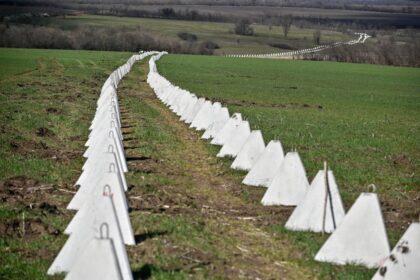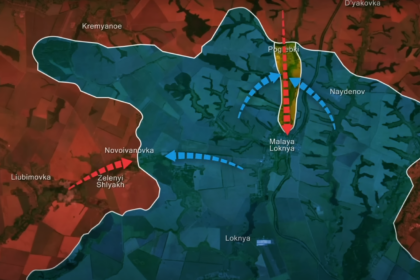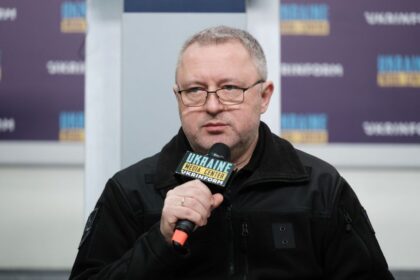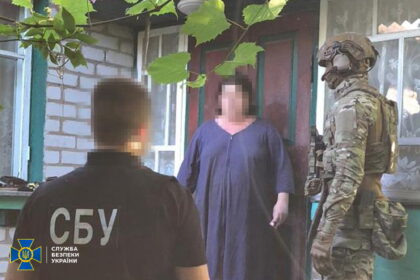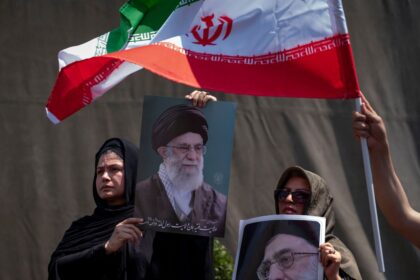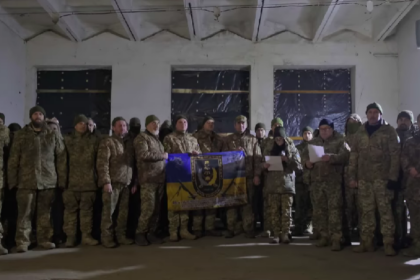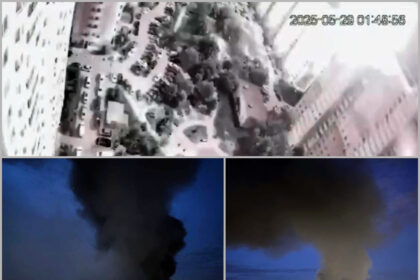**EU Threatens to Impose Capital Controls and Tariffs on Russia**
The European Union (EU) may take drastic measures against Russia, including imposing capital controls and tariffs, if Hungary blocks the extension of economic sanctions against Moscow. This development comes as Ukraine’s European allies continue to pressure Russia for a ceasefire.
According to an article in the Financial Times (FT), the EU has informed member states that it is considering methods to bypass Budapest’s veto on sanction extensions. Capital controls would prevent cash flows from entering or leaving Russia, while tariffs would be imposed on Russian imports. These measures are seen as a way to maintain economic pressure on Moscow without requiring all 27 EU member states to agree.
Hungary’s Prime Minister Viktor Orban has been a vocal opponent of sanctions against Russia. His government has repeatedly obstructed efforts to extend economic restrictions, including import bans and price caps in sectors such as energy. The current sanctions are set to expire at the end of July unless all EU member states agree on an extension.
**EU Considers Bypassing Hungary’s Veto**
The EU is exploring various options to prevent Hungary from derailing the extension of sanctions. Some proposals include leaving the existing sanctions in effect without a formal extension, using a legal loophole to maintain the current restrictions. Another option under consideration is “horse-trading” with Hungary, where the EU would negotiate a compromise on the upcoming 17th package of sanctions.
The development comes as Ukraine’s European allies continue to pressure Russia for a ceasefire. Germany had previously threatened to introduce new sanctions if Russia did not implement a ceasefire by May 12. The EU also plans to unveil another round of sanctions against Russia on May 14.
**Russia and Ukraine Engaged in Direct Talks**
In response to the allied demand for a ceasefire, Russian President Vladimir Putin has invited Ukraine to participate in direct negotiations in Istanbul starting May 15. According to Kremlin aide Yuri Ushakov, these talks would be based on the terms of the 2022 Istanbul discussions and the current situation on the battlefield.
President Volodymyr Zelensky of Ukraine has stated that he is prepared to meet Putin in Turkey and has reiterated his demand for a full and unconditional ceasefire.
This development highlights the ongoing tensions between Russia and Ukraine, as well as the divisions within the EU over how to approach sanctions against Moscow. The potential imposition of capital controls and tariffs would be a significant escalation of economic pressure on Russia, and may have far-reaching consequences for the global economy.
As we continue to follow this story, one thing is clear: the situation between Russia and Ukraine remains volatile, and the international community will need to remain vigilant in its response to any developments.





